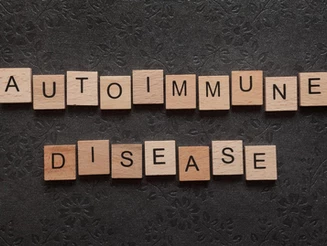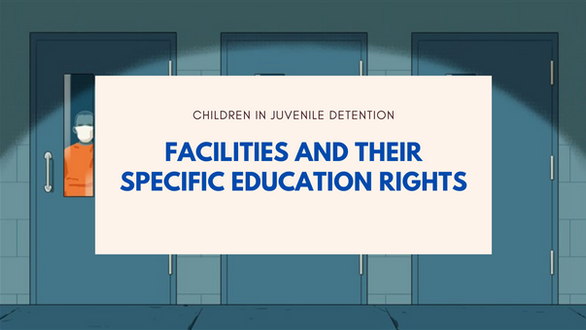Autoimmune diseases have a variable yet potentially significant impact on a student’s ability to get through school without accommodations. Examples of autoimmune diseases include Hashimoto’s Thyroiditis and hypothyroidism, Multiple Sclerosis, Systemic Lupus, Erythematosus, and Type 1 Diabetes Mellitus. Students afflicted with any of these diseases is likely to face challenges in keeping up with their schoolwork and maintaining good grades. For numerous reasons these students are absent from class much more often than their peers, experience emotional stress and physical discomfort unique to these conditions, and are more susceptible to infection than are most of their peers. Thus these students are likely eligible for a 504 Plan and/or an Individualized Educational Program (IEP).
The educational experience of students with an autoimmune disease is most commonly altered by frequent absences. Because of their doctor’s appointments and their unpredictable struggles with symptoms, students with autoimmune diseases are absent from school much more often than their classmates are. (1) Consequently, these students fall behind in their schoolwork, and parents often spend hundreds of dollars each week to have a tutor help their child catch up on work. Parents should not have to bear this financial burden just to ensure that their child can adapt to life with their autoimmune disease enough to pass and keep up in classes. This is clearly inconsistent with the Free and Appropriate Public Education (FAPE) mandate of the Individuals with Disabilities Act (IDEA), which states that districts are legally obligated to accommodate students whose health issues interfere with their educational experience.
The Rehabilitation Act, more commonly referred to as Section 504 of the Americans with Disabilities Act, can provide some “regular or special education and related aids and services”
1.) mmune Deficiency Foundation. School Guide for Students with Primary Immunodeficiency Diseases. Third Edition. 2014.
for students with autoimmune diseases. However, it is often the case that the FAPE mandate these students will be better fulfilled by an IEP, which includes “individual goals, objectives, related services, accommodations, and modifications.” (2)
Consider Hashimoto’s Thyroiditis, an autoimmune disorder in which one’s immune system makes antibodies directed at the thyroid, causing the thyroid gland to experience chronic inflammation. A common result of this autoimmune disorder is hypothyroidism, which occurs when one’s thyroid is no longer able to produce enough thyroid hormone. The symptoms of thyroid inflammation and hypothyroidism include fatigue, lethargy and depression, all of which create daily barriers in the lives of those affected by this disease. A district must carry out a psychoeducational evaluation of a student with this disease so as to fully acknowledge challenges a high school student with hypothyroidism will face in her daily life, and why this student’s disabilities can be addressed and accommodated by an Individualized Educational Program (IEP).
It is important to understand the extent to which hypothyroidism and other immunodeficiency diseases negatively affect a student’s cognitive functions, ability to acquire new skills and focus in class, and overall energy level during the long school day. Furthermore, living with an autoimmune disease is stressful for anyone, especially a young person going through puberty and entering adolescence. The psychiatric and cognitive effects of dealing with such a disease while also working to get through school may be profound. For these reasons and more, parents of a student with an autoimmune disease must request that the school district carries out a psychoeducational analysis of their child, so as to ensure FAPE.
2.) Primary Immunodeficiency Diseases Information Sheet. Minnesota Department of Education, Special Education Division. April 2015.











